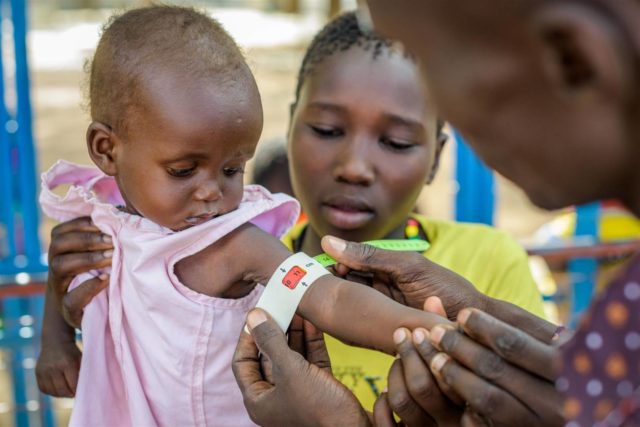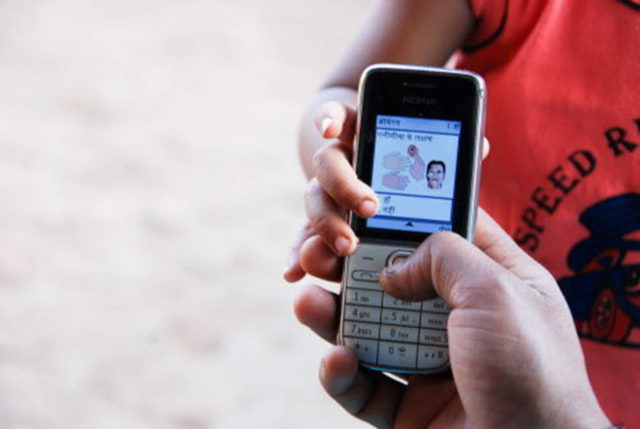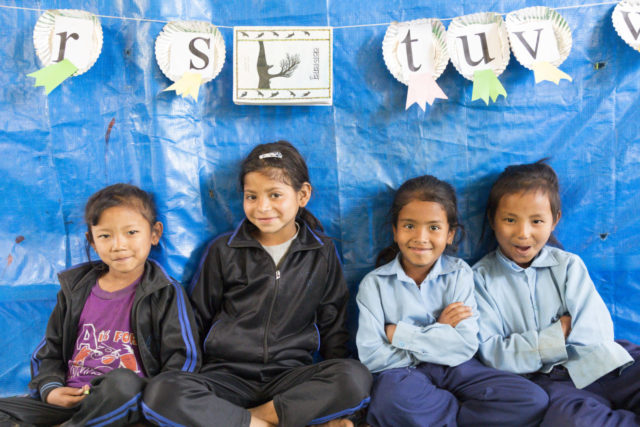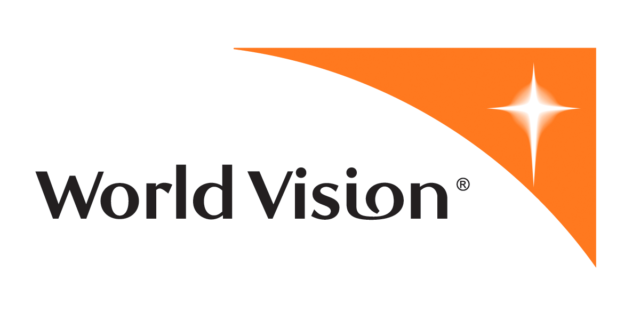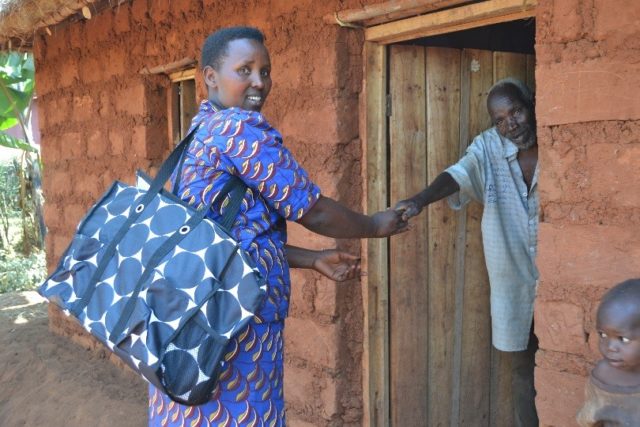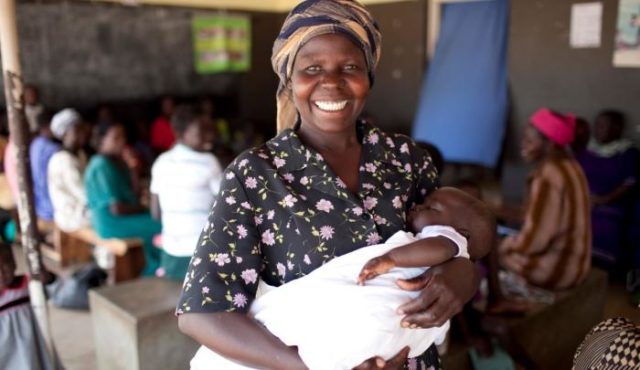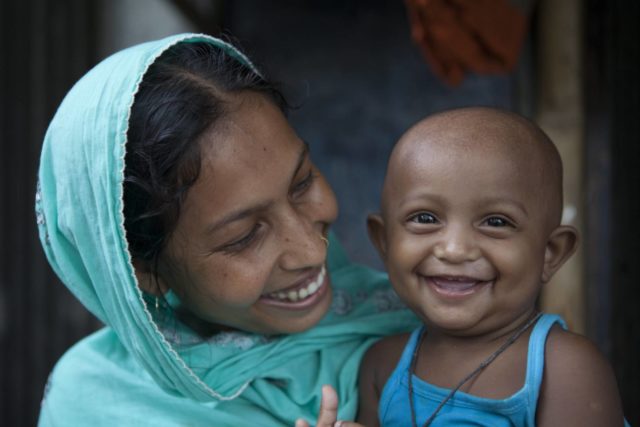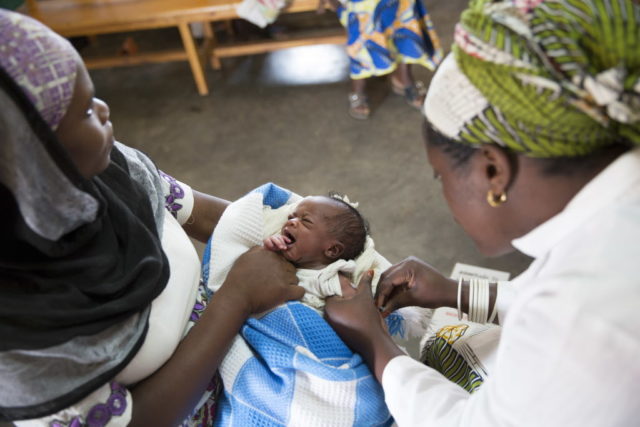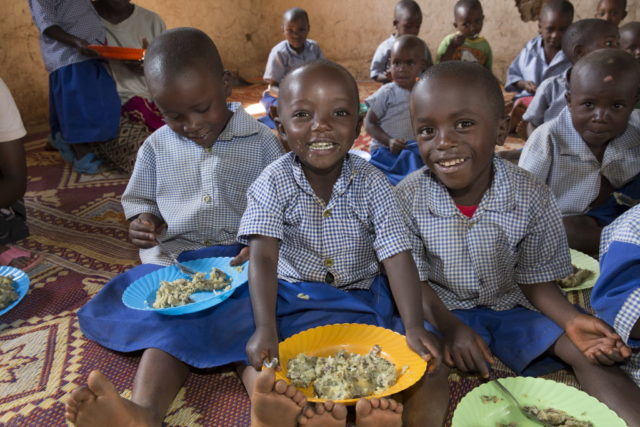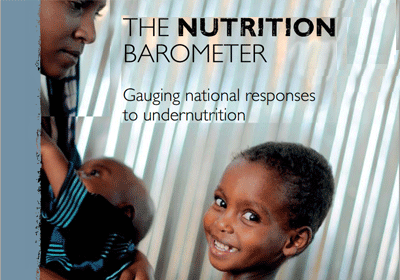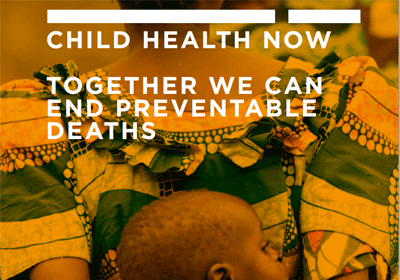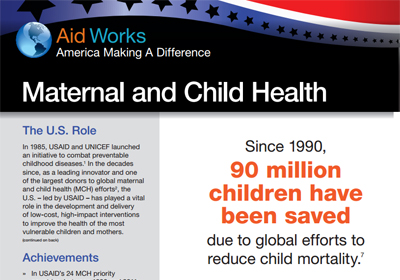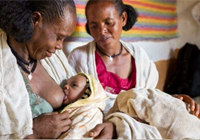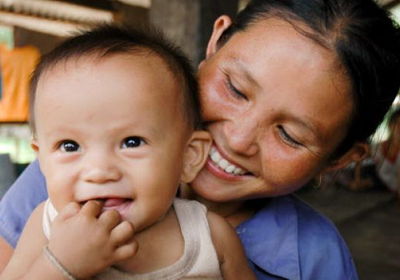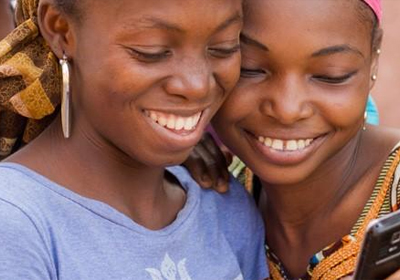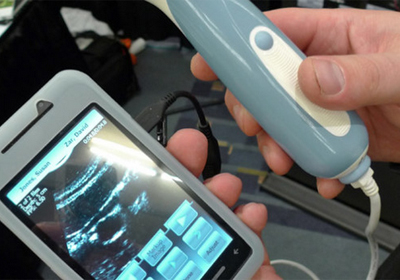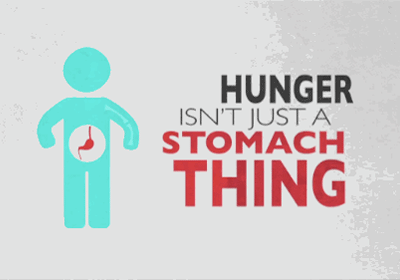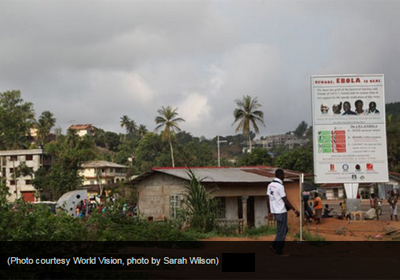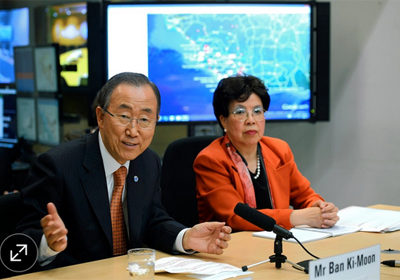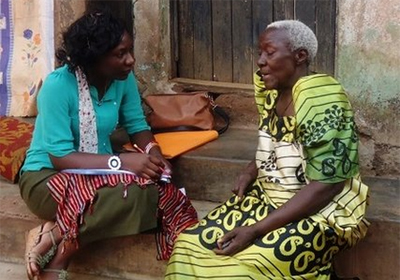The Latest
Humanitarian, Development and Global Health Organizations Release New Data Showing the Devastating Human Costs of Proposed Administration Cuts to Foreign Assistance
Washington, DC – As Secretary of State Rex Tillerson prepares to testify on the administration’s budget, a leading group of humanitarian, development and global health organizations are releasing new data that shows just how devastating these proposed cuts to the United States’ foreign aid budget would be to millions of people in the poorest countries.
World Vision expands mobile health program in India with support from Baxter International Foundation
Highlights A grant from Baxter International Foundation will provide community health workers with cell phones loaded with the Motech Suite mHealth platform The app enables trained community health workers to register pregnant women into the Bangalore government health system The project runs through 2019…
One Year Later, World Vision Continues to Support the People of Nepal
World Vision joins the people of Nepal in remembering the one-year anniversary of the April 2015 earthquake – honoring lost loved ones while recognizing the strong community solidarity and support that helped save thousands.
Pink Ribbon Red Ribbon and World Vision join Forces to Fight Women’s Cancer in sub-Saharan Africa
Pink Ribbon Red Ribbon® and World Vision announced a new partnership to scale up community-based education, screening, treatment, and referral programs for cervical and breast cancer in sub-Saharan Africa, beginning in the Republic of Zambia.
This Giving Tuesday, Thirty-One Gifts Doubles Impact of all World Vision Donations
This Giving Tuesday, Thirty-One Gifts doubles impact of all World Vision donations and donates colorful blankets and tote bags to women in need.
World Vision & Sesame Workshop Partner to Teach Kids Lifesaving Health and Hygiene Lessons
World Vision Gift Catalog features brand new Sesame Street™ WASH UP! Kit
Bipartisan Coalition Introduces Legislation to Save Lives of Mothers and Children
Wednesday, a bipartisan team introduced a bold, bipartisan legislative initiative to dramatically accelerate the reduction of preventable maternal, newborn and childhood deaths worldwide.
World Vision Applauds the Bipartisan Introduction of the Reach Every Mother and Child Act in the House of Representatives
World Vision applauds the introduction of the Reach Every Mother and Child Act in the House, and calls on all Members of the House to co-sponsor this important legislation.
World Vision Praises Introduction of the Reach Every Mother and Child Act
Act will work to dramatically accelerate the reduction of preventable maternal, newborn and child deaths worldwide.
World Vision Joins with Other Aid Organizations to Urge Congress to Fund Important Work Tackling Poverty Around the World
World Vision joins more than 150 other aid organizations in calling on Congress to support U.S funding to help reduce poverty around the world.
Fact Sheets and Extras
The Nutrition Barometer Report: Gauging National Responses to Undernutrition (PDF)
The Nutrition Barometer provides a snapshot of national governments’ commitments to addressing children’s nutrition, and the progress they have made. It looks at 36 developing countries with the highest levels of child undernutrition. The Barometer measures governments’ political and legal commitment to tackling malnutrition, as well as their financial commitment.
Child Health Now Report: Together We Can End Preventable Deaths (PDF)
“Child Health Now” is World Vision’s first global campaign focused on a single issue: reducing the preventable deaths of children under five. In the two minutes it will take you to read this description, more than 30 children under the age of five will die. This is more than just a problem facing the developing world. It’s a “silent” emergency. And it is, we believe, the greatest child rights violation of our time.
InterAction factsheet on maternal and child health (PDF)
In 1985, USAID and UNICEF launched an initiative to combat preventable childhood diseases. In the decades since, as a leading innovator and one of the largest donors to global maternal and child health efforts, the U.S., led by USAID, has played a vital role in the development and delivery of low-cost, high-impact interventions to improve the health of the most vulnerable children and mothers.
World Vision Int'l: Healthy Children for a Healthy World (LINK)
World Vision is committed to improving the health and nutrition of women and children in the areas in which it works, contributing to the global reduction of under-five and maternal mortality.
World Vision Int'l: Healthy and Strong (LINK)
Good health in early childhood, especially in the first 1,000 days from conception to their second birthday, is the foundation of a child’s wellbeing. It saddens us tremendously that every day more than 20,000 children under 5 will die of preventable causes.
USA Today: Edible gifts that give back (child health - LINK)
Purchase a packet or jar of Good Spread peanut butter (made in Georgia) and the company will donate therapeutic nutrition to a child in need. Good Spread partners with MANA (Mother Administered Nutritive Aid) and World Vision who distributes the Ready-to-use Therapeutic Food (RUTF) to malnourished children around the world.
“This unprecedented access to mobile phones at the village level, it really does change the game,” says Sherrie Simms, head of global nonprofit World Vision’s mHealth efforts. “It’s like having a mini-computer in your hand that allows for a whole host of potential uses and applications for health education.”
Devex: 4 innovations on mHealth and POC devices (maternal health - LINK)
There has been much talk about innovations in mobile health technologies among the international aid community in recent years. But now there’s a new kid on the block: Point of care (POC). World Vision International is one of the in-country partners involved in implementing the POC CD4 testing.
Approximately 805 million people in the world do not have enough food to lead a healthy active life. That's about 1 in 9 people on earth. And that stat gets even sadder when you understand all of the impacts of malnutrition on the body — especially on a child. See how World Vision recommends we catch world hunger and save the minds, hearts, and bodies of millions of children all around the world.
In a statement to the Chronicle of Philanthropy, Bob Zachritz, vice president for advocacy and government relations at World Vision U.S., said President Obama's proposed budget “makes a strong commitment to the international affairs budget, which will help partner organizations like World Vision meet the needs of the most vulnerable around the world.”
Fox News: As Ebola trials near, raising awareness in Sierra Leone is next task (Ebola - LINK)
World Vision, a Christian humanitarian organization, is one of three groups involved in a $250 million campaign called the Innovative Medicines Initiative that aims to accelerate the development and manufacturing of Ebola vaccines. In addition to working to facilitate the trial of the Ebola vaccines, World Vision is developing a mobile app to send alerts and information to West Africans.
The Wall Street Journal: The UN agency that bungled Ebola (LINK)
The Ebola outbreak has again revealed an international health system that lacks the plans and capabilities to fight an epidemic or pandemic. Atop the pyramid of this health system sits the United Nations’ World Health Organization, whose 1948 charter gives it “directing authority” for “international health work.” World Visionand other NGOs have a presence around the world. These are the players who increasingly lead transformations in global health, eclipsing the WHO and its model of statist solutions.
The New York Times: A depression-fighting strategy that could go viral (mental health - LINK)
When Ebola ends, the people who have suffered, who have lost loved ones, will need many things. They will need ways to rebuild their livelihoods. They will need a functioning health system, which can ensure that future outbreaks do not become catastrophes. And they will need mental health care. We sometimes imagine depression is a first-world problem, but it is just as widespread, if not more so, in poor countries, where there is a good deal more to be depressed about.
